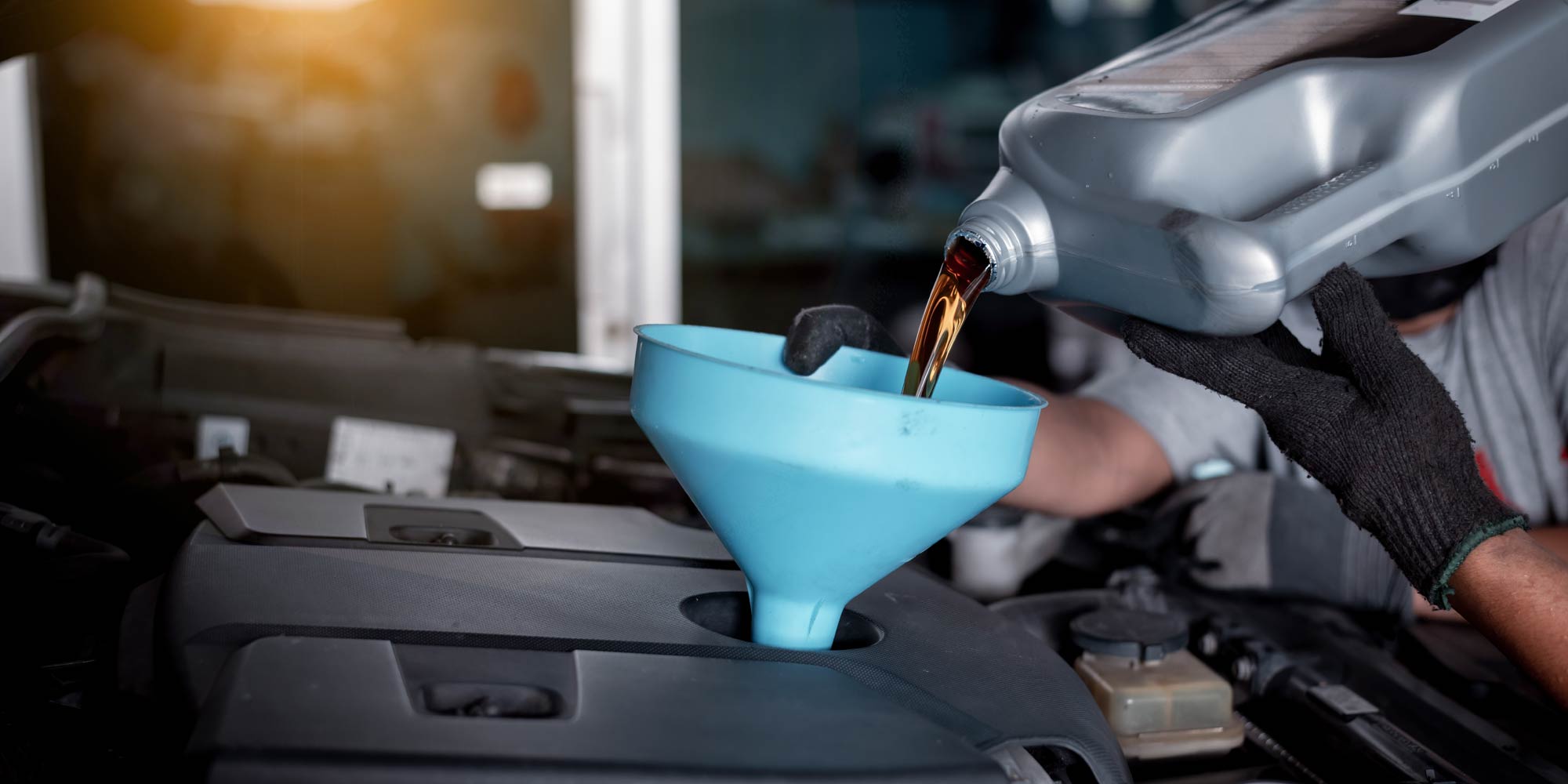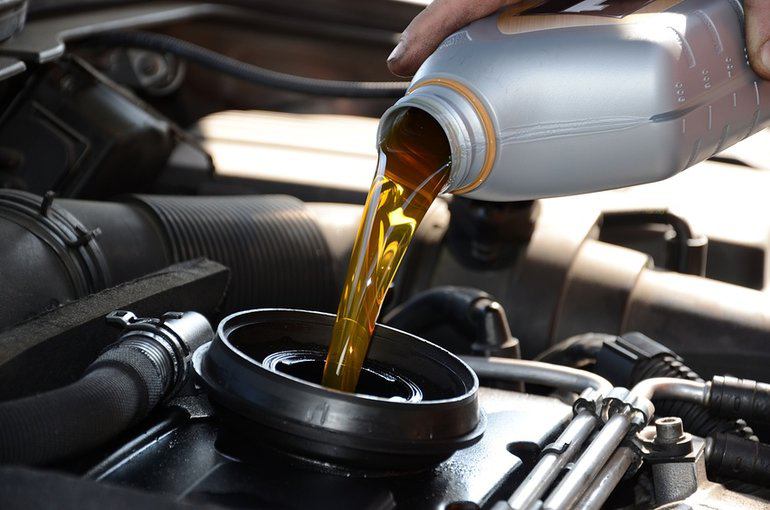Why Regular Oil Adjustments Are Crucial for Your Vehicle's Longevity
Routine oil changes are a keystone of car maintenance, playing a critical role in making sure the long life and performance of your engine. By facilitating ideal lubrication, fresh oil reduces rubbing and endure necessary components, which subsequently enhances total performance. Disregarding this regular job can lead to considerable problems, including raised gas intake and costly repair work. Comprehending the diverse advantages of normal oil adjustments is vital for any kind of vehicle owner; nonetheless, the implications prolong beyond plain engine health. What various other aspects should you take into consideration to secure your vehicle's performance and value?
Relevance of Engine Lubrication
When I think concerning the vital elements that contribute to a lorry's durability, engine lubrication stands out as extremely important. Engine oil offers as an important barrier, shielding parts such as pistons, camshafts, and crankshafts from the warmth produced throughout operation.
Moreover, premium engine oil consists of detergents and additives that assist keep the engine clean by protecting against sludge build-up and rust. This cleanliness is vital for maintaining ideal engine efficiency and fuel effectiveness. Regular oil modifications make sure that the oil remains reliable, as with time, it ends up being infected and loses its ability to lubricate efficiently.
Additionally, engine lubrication plays a function in boosting the general efficiency of the car. A well-lubricated engine runs efficiently, permitting for much better fuel burning and decreased emissions. Consequently, focusing on engine lubrication through routine oil changes is not merely a maintenance task; it is a basic practice that considerably affects the long life and reliability of any type of automobile.
Preventing Engine Put On and Tear
Decreasing engine deterioration is crucial for preserving a vehicle's efficiency and expanding its life expectancy. Regular oil changes play a significant role in this precautionary step by guaranteeing that engine elements remain effectively lubed. Engine oil works as a safety obstacle between moving parts, reducing rubbing and preventing excessive heat build-up. Over time, oil degrades and collects impurities, which can jeopardize its efficiency.
Stopping working to transform the oil at suggested intervals can lead to enhanced wear on essential engine parts, such as pistons, bearings, and camshafts. As these parts degrade, the threat of pricey repair services or even total engine failure rises. Moreover, old oil can come to be sludgy, hindering the oil's capacity to flow freely and lube crucial locations within the engine.
Enhancing Gas Effectiveness
Routine oil modifications not only avoid engine wear and tear yet also contribute substantially to boosting gas performance. Clean, high-quality oil reduces friction between the relocating parts of the engine, enabling it to run even more efficiently.
Additionally, used oil can lead to sludge build-up, which can block oil passages and affect the general performance of the engine. Such obstructions can hinder the engine's ability to preserve optimal operating temperatures, further diminishing fuel performance (Oil Change Lockhart). By regularly changing the oil and oil filter as per the manufacturer's referrals, vehicle proprietors can guarantee that their engines run efficiently
In addition, contemporary engine oils are developed with additives that improve fuel burning and decrease emissions. Thus, making use of the suggested oil type and maintaining a routine oil adjustment timetable not just enhances gas performance yet likewise adds to a cleaner setting. In summary, routine oil modifications are a crucial facet of vehicle upkeep that directly influences gas economic situation and overall engine efficiency.
Spotting Possible Troubles Early
Just how can vehicle proprietors properly secure their engines from prospective problems? Routine oil modifications function as a critical preventative procedure, enabling the very early discovery of underlying issues. During an oil change, mechanics usually evaluate the engine and its components, identifying indications of wear, leaks, or unusual down payments that might show extra significant concerns.
For instance, the problem of the oil filter can expose engine health; a clogged up filter might suggest too much particles or pollutants, motivating more investigation. Furthermore, the oil itself can be assessed for unusual staining or uniformity, which might signal problems such as getting too hot or improper combustion. Regular evaluations throughout oil changes can additionally highlight possible leaks in oil gaskets or seals, which, if overlooked, can result in extra serious engine damages.
In addition, these set up upkeep sessions offer a possibility for auto mechanics the original source to examine fluid degrees and various other essential systems, ensuring overall automobile dependability. By focusing on routine oil changes, automobile owners can improve their capacity to detect potential problems early, eventually lengthening engine life and making certain safer, a lot more efficient driving experiences.
Cost-Effectiveness of Routine Maintenance


Investing in regular upkeep, specifically oil modifications, not only help in early trouble discovery yet also functions as an economical approach for car possession. Regular oil modifications assist keep engine performance and performance, minimizing the threat of pricey repair work related to forget. By guaranteeing that the oil is tidy and at optimal levels, automobile proprietors can stop engine deterioration, which can bring about devastating failures that require expensive replacements.
In addition, lots of makers suggest details periods for oil modifications, and adhering to these guidelines can assist keep guarantee protection. This compliance indicates that any future repair additional hints services or look at this site replacements will be covered, causing significant cost savings over the life-span of the car.

Final Thought
